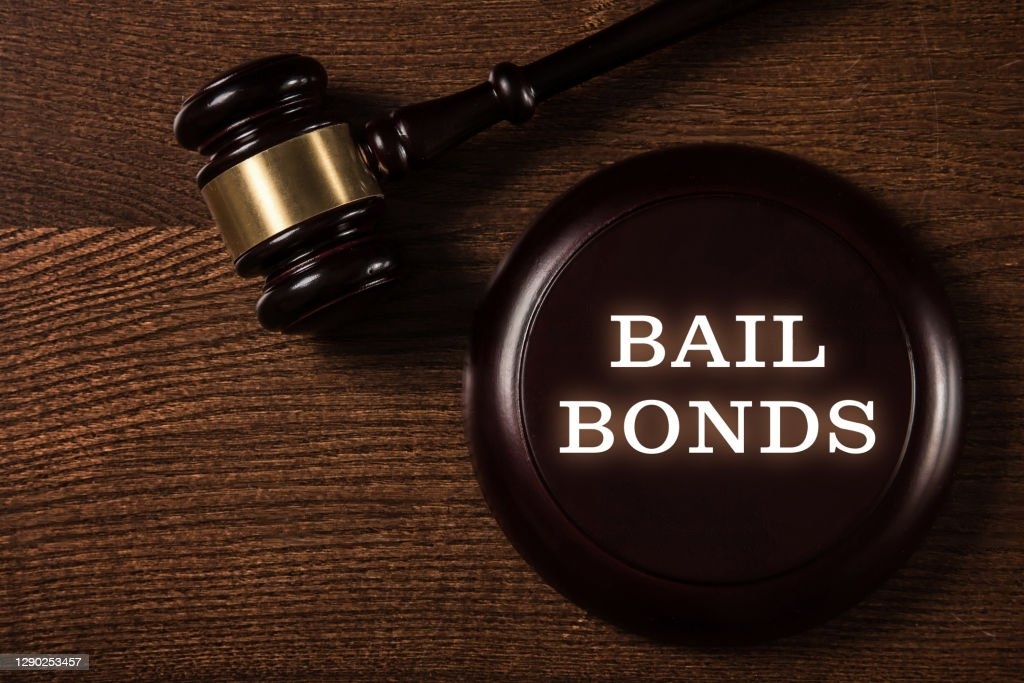Facing an arrest in North Carolina can be a daunting experience. However, understanding the bail process and knowing how to navigate it efficiently can significantly expedite your release. This guide provides a detailed overview of the steps involved in securing a quick release, the types of bail bonds available, and tips for choosing a reliable bail bondsman raleigh nc.
Understanding the Bail Process in North Carolina
What Is Bail?
Bail is a financial arrangement that allows an arrested individual to be released from custody while awaiting trial. By posting bail, the defendant assures the court of their appearance at all scheduled proceedings.
How Bail Amounts Are Determined
In North Carolina, a magistrate typically sets the bail amount during the initial hearing, usually within 48 hours of arrest. Factors influencing the bail amount include:
- Severity of the alleged offense
- Defendant’s criminal history
- Flight risk assessment
- Community ties and employment status
For serious offenses, recent legislative changes, such as the Pretrial Integrity Act enacted in October 2023, require a judge’s approval before setting bail, potentially leading to longer wait times for bail hearings.
Types of Bail Bonds in North Carolina
Understanding the different types of bail bonds can help in choosing the most appropriate option:
- Cash Bond: The full bail amount is paid in cash to the court.
- Surety Bond: A bail bondsman pays the bail on behalf of the defendant for a non-refundable fee, typically 10-15% of the total bail amount.
- Property Bond: Real estate or other valuable property is used as collateral to secure the bail.
- Unsecured Bond: The defendant signs a written agreement to appear in court without paying upfront, but is liable for the full amount if they fail to appear.
- Release on Own Recognizance (ROR): The defendant is released without any payment, based on their promise to appear in court.
Steps to Secure a Fast Release
1. Gather Essential Information
Before contacting a bail bondsman, collect the following details:
- Full name and date of birth of the arrested individual
- Booking number and charges
- Location of detention facility
- Bail amount set by the court
Having this information readily available can expedite the bail process.
2. Contact a Licensed Bail Bondsman
Reach out to a licensed bail bondsman in your area. Ensure they are authorized to operate in North Carolina by verifying their license through the North Carolina Department.
3. Complete the Bail Bond Application
Provide the necessary information and complete the bail bond application. This may include signing an indemnity agreement and providing collateral if required.
4. Pay the Bail Bond Fee
Pay the non-refundable fee, typically 10-15% of the total bail amount. Some bail bondsmen may offer payment plans or financing options.
5. Bail Posting and Release
Once the paperwork and payment are complete, the bail bondsman will post the bail with the court, leading to the defendant’s release. The release process can take anywhere from 30 minutes to a few hours, depending on the detention facility’s procedures.
Tips for Choosing the Right Bail Bondsman
Selecting a reputable bail bondsman is crucial for a smooth process:
- Availability: Choose a bondsman who operates 24/7 to ensure assistance at any time.
- Experience: An experienced bondsman will have established relationships with local courts and detention facilities, facilitating a quicker release.
- Transparency: Ensure the bondsman clearly explains all fees, terms, and conditions.
- Reviews and References: Check online reviews and ask for references to gauge the bondsman’s reliability and professionalism.
Frequently Asked Questions (FAQs)
Q: How much does a bail bond cost in North Carolina?
A: The standard fee is 10-15% of the total bail amount, as regulated by the state.
Q: Can I get a bail bond without collateral?
A: Depending on the bail amount and the bondsman’s policies, collateral may not be required. However, higher bail amounts often necessitate collateral.
Q: What happens if the defendant fails to appear in court?
A: The bail bond is forfeited, and the bondsman may seek to locate and return the defendant to custody. The indemnitor may also be responsible for the full bail amount.
Q: Can bail be reduced after it’s set?
A: Yes, a motion for bond reduction can be filed, and the court will consider factors such as the defendant’s ties to the community and the nature of the offense.
Q: Are there alternatives to using a bail bondsman?
A: Alternatives include paying the full bail amount directly to the court or seeking a release on own recognizance, depending on the case specifics.
Conclusion
Securing a fast release in North Carolina involves understanding the bail process, promptly gathering necessary information, and working with a reputable bail bondsman. For those in bondsman Wilmington NC, seeking professional assistance, consider reaching out to a trusted bondsman in the area to navigate the process efficiently.
By staying informed and prepared, you can ensure a smoother and quicker release from custody.



